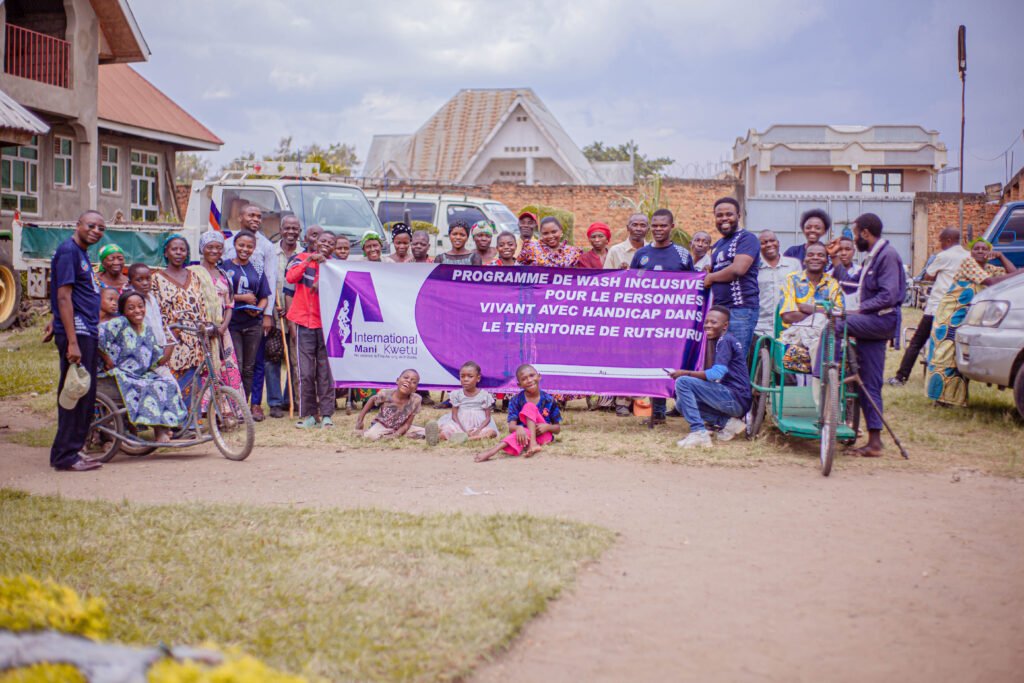By Abigail THIRULOGACHANDRAN
Chef Executif Officer /AMANI KWETU INTERNATIONAL Sri Lanka
During the reign of British in Sri Lanka during the early 1800s, the British Emperor realized that they are in need of a large workforce to grow tea in Sri
Lanka and then the emperor starts to recruit the low caste Indians (especially the Tamil speaking people) by migrating them to Sri Lanka from India with the promise of work and better living standards and good quality of life for them and their families.
These people who were migrated from India were the people who were struggling with their lives in India, Facing so many potential starvations from large scale recurring famines, discrimination because of their low caste status and constant poverty. Therefore, moving to Sri Lanka to work in tea plantation seemed like a lifeline and better living to make the future bright. At the same time, these people were told that Maldives fish and palm sunk were grown in tea plantation. even though these things seem to be funny Indian people were so uneducated as they couldn’t even identify these lies.
But the expectation or excitement quickly turn into despair as because the situation that prevailed in tea plantation were difficult to say the least. The people or the families were isolated from the outside and the estate were made into closed communities. Houses built for the workers are build as row after row of barrack-type single room that is no at all bigger than 12* 12 with virtually no sanitation facilities.
After the independence of Sri Lanka in 1948 the plantation worker was labeled as “Temporary Immigrants.” After 30 years in 1980s Sri Lanka granted
citizenship to the” descendants of Indian Tamil indentured servants.” But even though the citizenship is granted the rights that the Sinhala community had were not given to this people and still they were treated like slaves. Till up to this date the lifestyle of these people is still remaining the same.
Since around 2016, “tea plantation trade unions” have demanded a raise in the daily wage to 1000 LKR by protesting against the plantations and finally paid off in January 2021.The Cabinet of Ministers amended the Wages Board Regulations, implementing an increase, most tea workers still struggle to meet their daily needs. The workers “do not receive sick leave” and “no work no pay “workers cannot afford to take a day off. Furthermore, even there were small development were made in education sector and medicinal sector by building schools and hospitals in estate, the schools were not full filly build and it was incomplete in construction and proper doctors were not there in the hospitals. At instance due to the poverty the school children drop out the school to support their family by going to work. But still amidst of this poverty there are children who have been successful in their studies and carrier too. People around the island commemorated the 200 th year of coming from India in 2023 under the topic of Malayagam 200 by organizing exhibition and pilgrimage (walk on the road) throughout the island by remembering the sorrows of these people. Even though, it has been 200 years of coming from Sri Lanka, the life standard of these people remain same as they are not having three times meals per day and this the most sorrowful thing ever!



